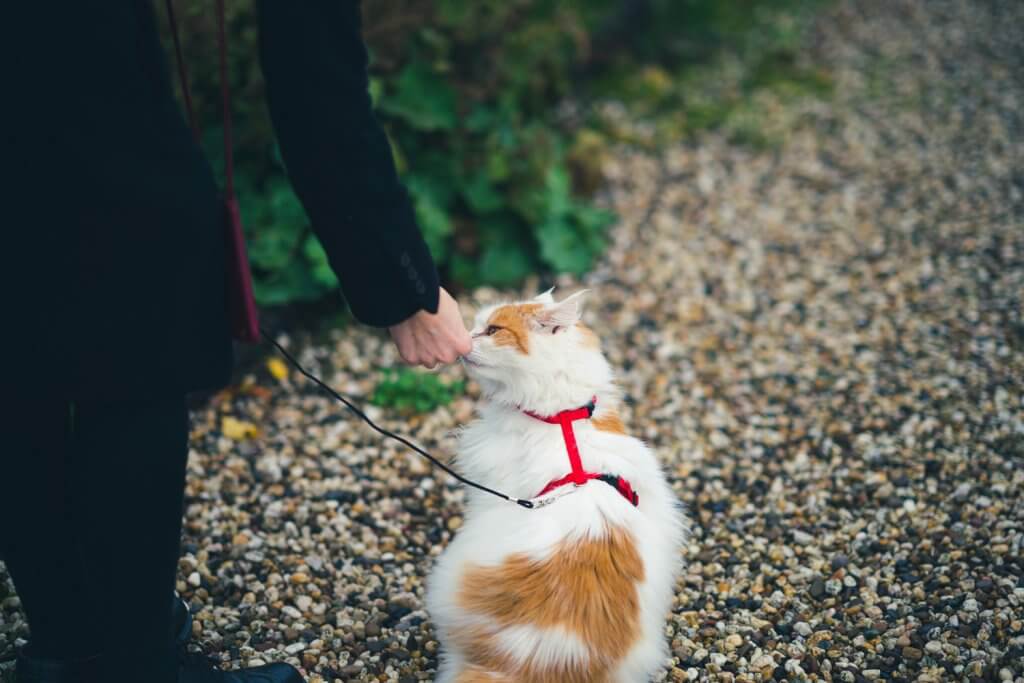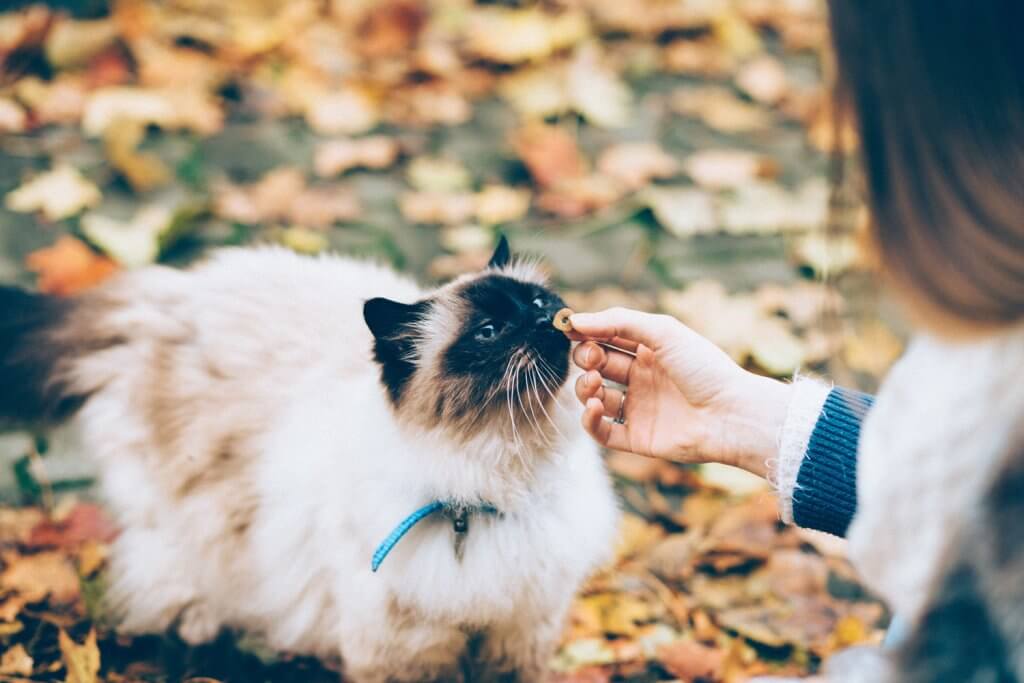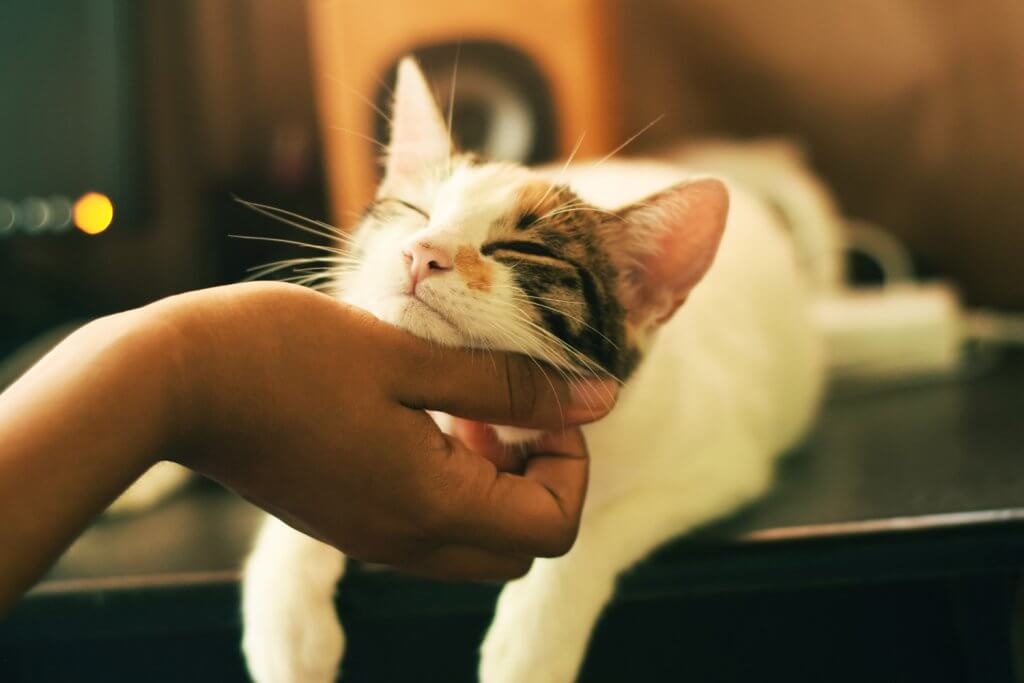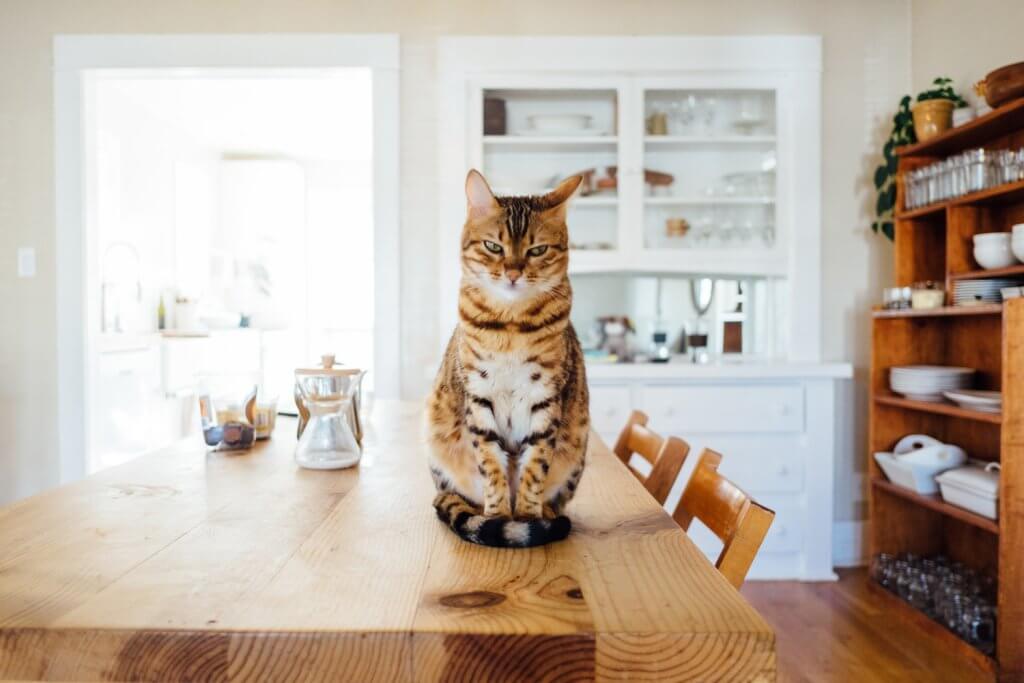
Giving your furry friends the occasional treat from your meals can be tempting. This is especially true if you are used to sharing food with your pets or grew up with dogs as pets. The good news is that there are human foods that are safe for cats.
However, this should not mean that you can now feed your cat any type of food that you want. It’s still important to take note of the things listed below because cats have different needs than humans.
Human Foods That Are Safe for Cats
Here are some examples of human food that can be given to our kitties:
- Liver – Cats really like liver and it’s actually fine to give them a few pieces here and there as long as it hasn’t been seasoned or marinated.
- Cheese – A common snack for us, cheese is something that most cats can enjoy as well; though there are certain types of cheese that you should avoid giving them.
- Green beans – These are a great alternative to regular ol’ cat treats and most cats will enjoy munching on them from time to time.
- Fish – As long as the fish is fresh and hasn’t been seasoned or marinated, it’s safe for cats to munch on.
- Bananas – These are fine for kitties to munch on and they’ll enjoy them quite a bit; though you should probably avoid giving them the peels because of the chemicals used during farming.
- Watermelon – This tasty and refreshing fruit is okay to give your cat and chances are they’ll like it too.
- Apples – They may not be able to eat an entire apple by themselves, but if you cut up some apple slices then there shouldn’t be any problems; aside from the usual choking hazards that you might encounter with many other types of foods/snacks.
- Berries – There are many different types of berries that cats can eat, such as blueberries and strawberries, but you should be careful to check for any toxic berries first.
- Rice – Cooked white and brown rice is not only safe for your cat to eat, but it’ll also fill them up so they don’t feel the need to whine or beg for more food in between mealtimes.
- Pumpkin – Pumpkin is a great source of fiber, which helps make your kitty’s hairballs easier to pass through their system. It also contains many other nutrients that can keep them healthy and happy.
- Oatmeal – Oatmeal is a great food for cats as it’s easy on their digestive systems and it provides them with all the necessary vitamins and minerals they need. Feel free to give them oatmeal in either dry or canned form. If you do use the canned version then avoid those that have any added artificial flavors or preservatives because these ingredients can actually irritate your cat’s stomachs and intestines.
- Carrots – Carrots are great for your cat and they love eating them! They’re high in beta-carotene and fiber. You can also mix some cottage cheese or pumpkin puree with the carrots for a healthy snack to help disguise the taste so they’ll eat more of it.
- Asparagus – Many cats enjoy asparagus, just like we do! It’s also loaded with vitamins like C and B along with minerals like potassium which are good for their muscles. You can give them the canned version or if you have fresh then just steam it for a few minutes in order to get rid of any excess water that may be in there.
- Eggs – Cats can eat cooked eggs and they’re a great source of protein for them. They love scrambled or boiled eggs, but just make sure to remove any excess moisture from them before serving it up! Be sure to avoid raw eggs, as they can make a cat sick or give them salmonella.
- Broccoli – Broccoli is great for cats. It has high levels of vitamin A which is good for their skin, coat, eyesight, and even brain development. If you have fresh broccoli then steam it before serving it to them so that there’s less moisture left in there.
- Spinach – Spinach is loaded with Vitamin A too, which can help keep their skin healthy. It’s best to steam this before giving it to them because like broccoli, it also has a lot of moisture in there.
Human Foods That Are Dangerous to Give to Cats
Unfortunately, many human foods can actually be harmful to our beloved cats. Here’s a list of a few human foods that are best avoided:

- Alcohol– Cats have small bodies with fast metabolisms so it doesn’t take much for their little bodies to get drunk. In effect, they can end up sick or worse, dead. Coffee and caffeinated beverages – Just like humans, caffeine affects the central nervous system of our pets which causes anxiety and hyperactivity in some cases. Chocolate – It has been said that chocolate isn’t toxic for
- Chocolate – Chocolate is toxic to both humans and cats so it should never be given to your feline friend. If your cat does manage to eat chocolate, you should consult with a vet immediately.
- Coffee/Tea – Coffee and tea may look like something delicious to drink, but caffeine is extremely bad for both humans and cats.
- Grapes – Like chocolate, grapes are also highly poisonous for cats which means you shouldn’t give them any; or if you do then just a few should suffice.
- Macadamia nuts – Although they’re not toxic for kitties, macadamia nuts can cause some major digestive upset if consumed by felines; mainly because they’re not used to eating nuts.
- Milk – Like most mammals, milk isn’t digested easily by cats; if they do drink it then they can get sick.
- Onions – According to the ASPCA, onions (both cooked and raw) are toxic for both cats and dogs; however, they can make a dog’s urine smell stronger which will deter other dogs from wanting to mark in that area. They’re also dangerous because when eaten by an animal they can cause red blood cells to burst which releases hemoglobin into the bloodstream. That, in turn, depletes the body of oxygen and causes anemia which results in death within a few days after exposure even with treatment.

Pet Parents Should Consider Their Cat's Diet Before Giving Them a Treat
Consider your cat’s daily calorie intake and the ingredients of their cat food before giving your cat some human food. It’s perfectly safe to incorporate your food as a healthy treat into your feline’s diet, but avoid feeding your cat too much. Obesity in cats is a serious problem and can lead to short and long-term health problems. Many commercial cat foods will include all of the essential nutrients that a cat needs for the day, so you should adjust their intake of commercial cat food prior to giving your cat human food.
Be Wary of Food Borne Diseases
Many cat foods will take into account food-borne diseases that cats are susceptible to, but you may not be thinking of this while giving your cats a treat. Raw meat and undercooked foods can sometimes carry bacteria and viruses that are harmful to your cat’s health. Symptoms of food-borne diseases are hard to spot in cats, making them even more dangerous. Watch your cat’s behavior for signs of stomach upset or lethargy.


Leave a Reply